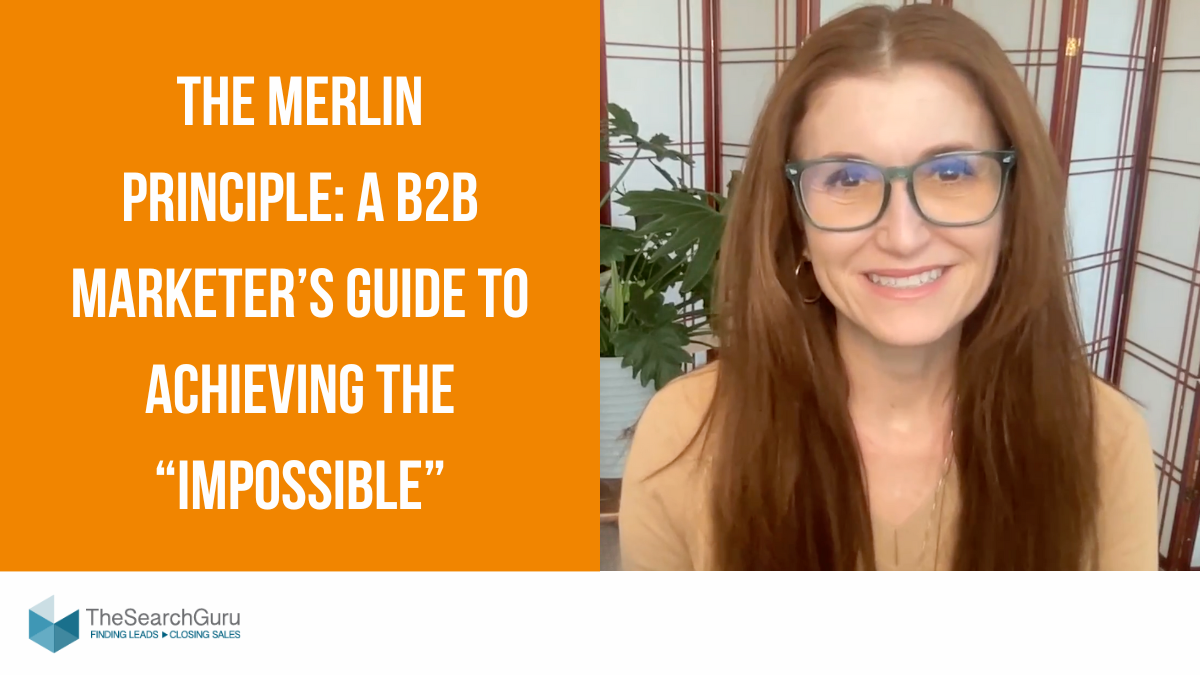Does using title tags well on your site make a difference in rankings any more?
Recently, The Search Guru did an in-depth analysis of top ranking pages in a particular client’s industry. As part of the analysis, we determined:
- which pages from our client’s site were ranking well for highly sought-after keyphrases
- which pages from its main competitors’ sites were ranking well for highly sought-after keyphrases
We then looked at those top-ranking pages in depth to determine what was optimized well on them – and, in 100% of the cases, the title tags contained the keyphrase being analyzed, in full or in part. So, this analysis supports the continued use of optimized title tags as part of an effective search engine optimization strategy, overall.
Tips on using title tags
The Search Guru recommends the following for optimizing title tags; ideally, you should include:
- two relevant keyphrases
- a compelling call to action
- benefit statement(s)
- branding, if possible
We recommend a length of at least 55 characters, counting spaces. You can go longer (up to, say, 75 characters) but, if you do, some text will almost certainly get cut off in the search engine results pages (SERPs) when people search on a term.
Optimizing the meta description tag does not help with rankings, but a well written description tag does help with boosting clicks to a site. Consider this tag as an advertisement for your site in the SERPs.
We recommend the following for optimizing a meta description tag; you should include:
- two or three relevant keyphrases
- a compelling call to action
- benefit statement(s)
- branding
We recommend a length of at least 155 characters, counting spaces. You can go longer (up to, say, 175 characters), but some text will almost certainly get cut off in the SERPs when people search on a term.
No matter how well you write a title or description tag, be aware that Google is often changing the text.
Sometimes, Google is using the text found in the H1 tag as the title tag text in the SERPs. Other times, Google is putting brand names at the beginning of the title tags, followed by a colon and then some keyphrases.
For description tags, if the text is too short or too similar to the title tag, Google may choose to grab the opening paragraph of text from the page – and this copy may not contain the best sales message for the SERPs.
The reality is that you can’t stop Google from making these changes. What you can do:
- write the best title tags possible to provide cues to Google
- write unique, compelling description tags to increase clicks to your site
- write the best H1 tags possible
Recently, The Search Guru did an in-depth analysis of top ranking pages in a particular client’s industry. As part of the analysis, we determined:
- which pages from our client’s site were ranking well for highly sought-after keyphrases
- which pages from its main competitors’ sites were ranking well for highly sought-after keyphrases
We then looked at those top-ranking pages in depth to determine what was optimized well on them – and, in 100% of the cases, the title tags contained the keyphrase being analyzed, in full or in part. So, this analysis supports the continued use of optimized title tags as part of an effective search engine optimization strategy, overall.
Tips on using title tags
The Search Guru recommends the following for optimizing title tags; ideally, you should include:
- two relevant keyphrases
- a compelling call to action
- benefit statement(s)
- branding, if possible
We recommend a length of at least 55 characters, counting spaces. You can go longer (up to, say, 75 characters) but, if you do, some text will almost certainly get cut off in the search engine results pages (SERPs) when people search on a term.
Optimizing the meta description tag does not help with rankings, but a well written description tag does help with boosting clicks to a site. Consider this tag as an advertisement for your site in the SERPs.
We recommend the following for optimizing a meta description tag; you should include:
- two or three relevant keyphrases
- a compelling call to action
- benefit statement(s)
- branding
We recommend a length of at least 155 characters, counting spaces. You can go longer (up to, say, 175 characters), but some text will almost certainly get cut off in the SERPs when people search on a term.
No matter how well you write a title or description tag, be aware that Google is often changing the text.
Sometimes, Google is using the text found in the H1 tag as the title tag text in the SERPs. Other times, Google is putting brand names at the beginning of the title tags, followed by a colon and then some keyphrases.
For description tags, if the text is too short or too similar to the title tag, Google may choose to grab the opening paragraph of text from the page – and this copy may not contain the best sales message for the SERPs.
The reality is that you can’t stop Google from making these changes. What you can do:
- write the best title tags possible to provide cues to Google
- write unique, compelling description tags to increase clicks to your site
- write the best H1 tags possible







Leave A Comment